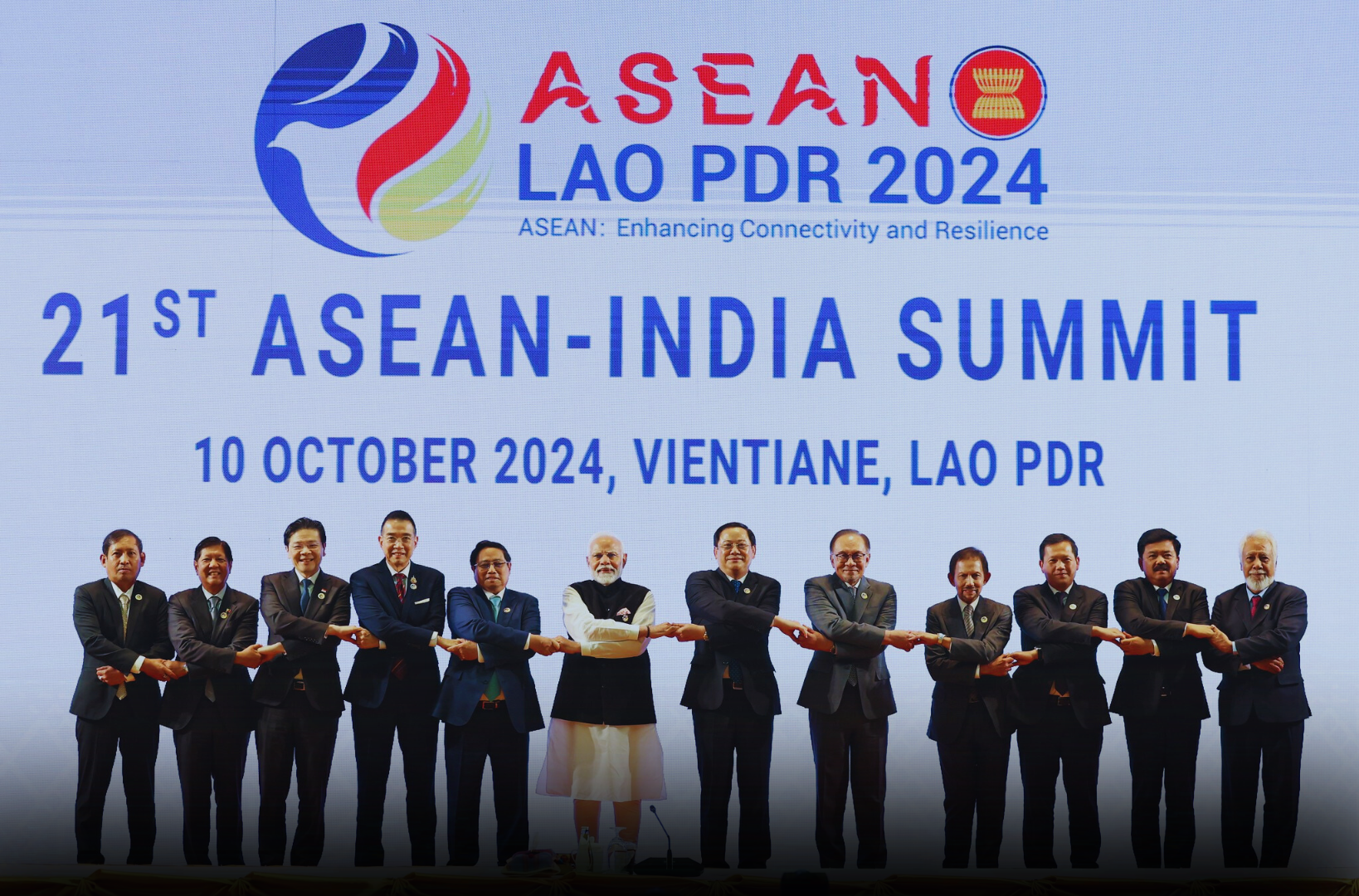This month, Zsuzsa and Richard are joined by David MacSweeney to reflect on the year just past and assess the key political, economic, and strategic issues set to shape EU–ASEAN relations and the wider Indo-Pacific in 2026, including five priority areas to watch as regional and external actors navigate an increasingly complex strategic environment.
Subscribe now and never miss an episode.
Read More












